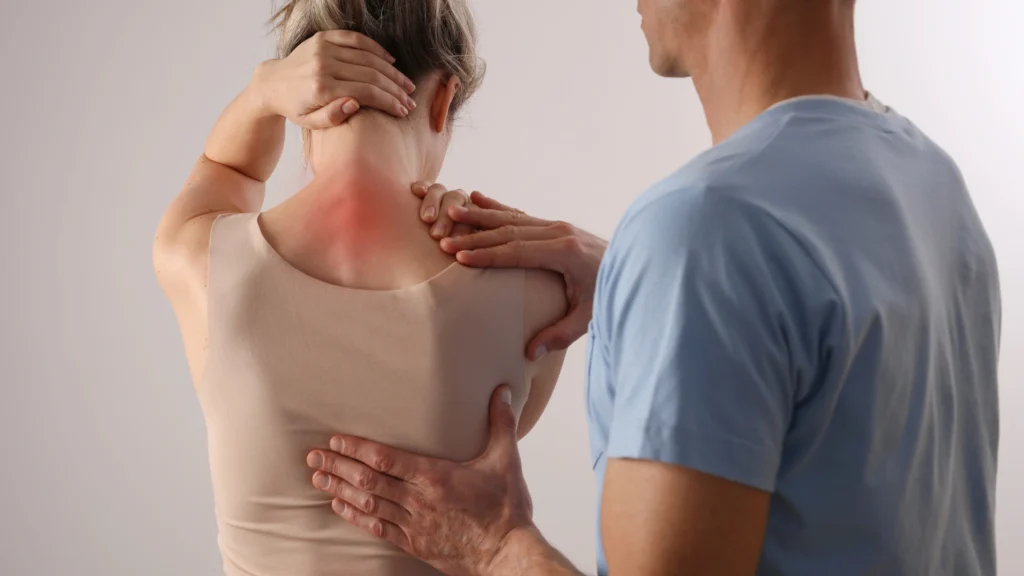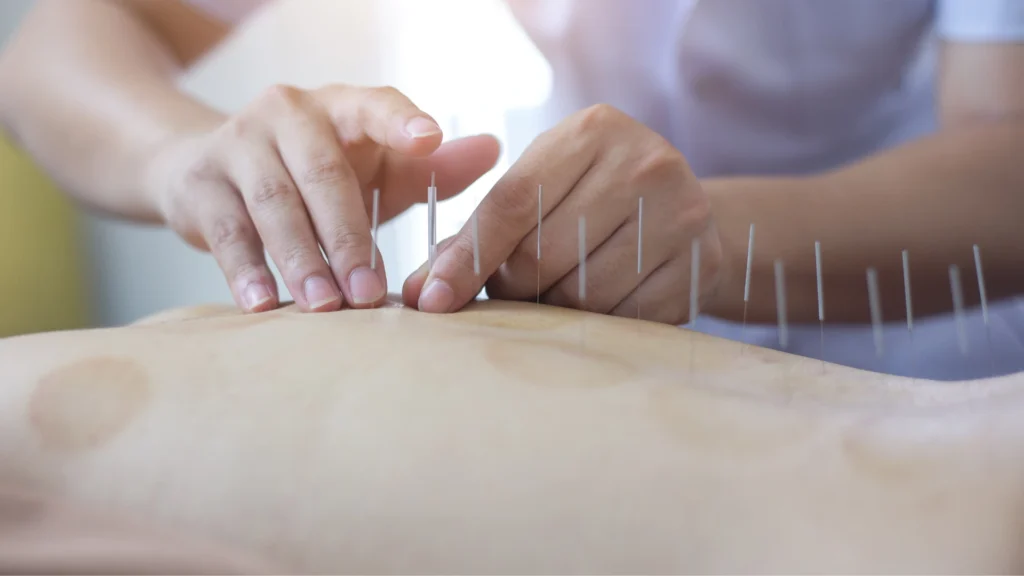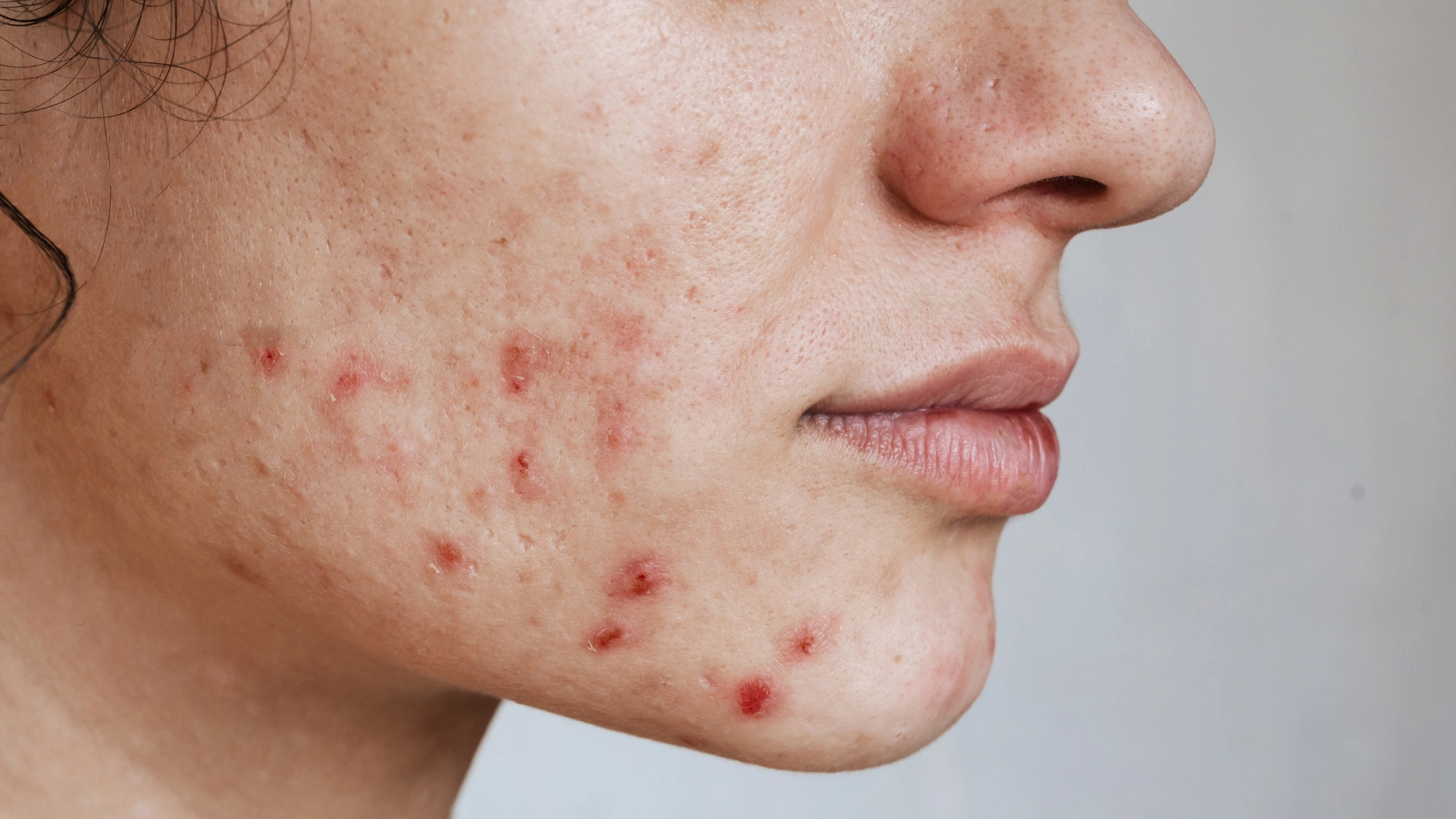
Alternative medicine is a diverse field encompassing various unconventional therapies and practices promoting holistic well-being. As traditional healthcare systems grapple with limitations and gaps, more individuals are turning to alternative medicine to complement their treatment regimens or as standalone approaches to health and wellness. In this guide, we will discuss what is alternative medicine, examples, benefits, risks, and considerations surrounding alternative medicine.
What Is Alternative Medicine? A Quick Look
Like functional medicine, alternative medicine encompasses a wide range of practices and therapies outside conventional practices. The approach often focuses on treating the root cause of health issues rather than just addressing symptoms. It emphasizes the interconnectedness of the mind, body, and spirit, recognizing that optimal health requires harmony among these elements.
8 Common Types of Alternative Therapies
Exploring alternative therapies can offer diverse options for enhancing health and well-being. The following are eight common types of alternative therapies to consider:
Acupuncture
Acupuncture is one of the complementary and alternative medicines used in China and other parts of the world. It’s common in ancient Chinese therapy, where slender needles are inserted into the human body. It’s to activate these points to regulate energy flow known as qi (pronounced “chee”). The goal is to promote the right energy flow or qi. For instance, acupuncture relieves pain by inserting needles along the meridian lines and tender points for pain. A session normally entails the insertion of needles at specific points on the back, limbs, ears, nose, or any other body part that the acupuncturist considers appropriate.
Aromatherapy

Aromatherapy involves using plant’s concentrated extracts such as lavender oil, eucalyptus, and chamomile, amongst others. These essential oils may be applied topically, by rubbing on the skin, or by utilizing a method that involves evaporation of the oil in the air. Aroma molecules enter the nasal cavity and affect the area in the brain related to smell, feeling, drive, memory, and others. For instance, using lavender oil to inhale its fumes can create a relaxed state and reduce anxiety naturally. There is a suggestion that using tea tree oil in diluted form on the skin effectively treats skin rashes.
Homeopathy
A Homeopathy is a form of treatment that is based on the concept of treating ‘likes’ with ‘likes’. It operates on the principle that the crude and gross substance that causes the symptoms of the disease in the patient should be administered to the sick person. One of the most well-known homeopathic remedies derived from onion is Allium cepa. It is made from red onion and is used to treat symptoms associated with colds, allergies, and hay fever. It’s prescribed for conditions where there is profuse nasal discharge that irritates the nose and upper lip, causing a sensation of burning and itching.
Additionally, Nux vomica is often recommended for digestive issues, such as indigestion, bloating, and nausea, particularly after overindulgence in food or alcohol. As a healthy gut is essential for overall immune function, supporting digestive health indirectly contributes to natural ways to boost the immune system.
Naturopathy
Naturopathy is a holistic system of therapy that uses several complementary therapies to enhance the body’s recovery mechanisms. They seek to discover the root causes of disease by looking at the food one takes, how one lives, the physical and social environment one is exposed to, and how one feels. For instance, the use of eliminating certain foods, taking herbal medicines, supplementing vitamins, employing water therapies, or incorporating stress reduction are strategies that a naturopath may suggest. Additionally, home remedies for indigestion, such as ginger or peppermint, might be recommended as part of a comprehensive naturopathic treatment plan.
Reiki
The treatment method uses hands-on or near the patient to transmit healing energy. The word “Rei” conveys the meaning of the global principle and guide. “Ki” is a Japanese term that acknowledges the natural force inherent in all entities known as the life force energy. To become healers, practitioners perform attunements to activate healing abilities and understand hand placement to balance the centers of the body. Jusagae entails touching various areas of the fully-clothed person with the palm and fingers of both hands. The heat experienced by clients and the sensations of pins and needles assist in alleviating stress and improving the relaxation and restoration state.
Chiropractic
Chiropractic deals with disorders of the body system brought on by nerve, muscle, and joint dysfunction, especially vertebral subluxation. Chiropractors employ manipulation and a brief and forcible application of pressure on the spine, known as an “adjustment,” to eliminate vertebral subluxation that causes improper nerve impulses and health issues. For instance, chiropractic manipulation of nerves that may be locked could ease back pain, enhance flexibility, aid in the healing of injuries, and even address headaches that originate from spinal tension.
Ayurveda
Ayurveda is a traditional method of healing originating in India and based on the concept of three energies or doshas. Core concepts revolve around three life force energies called doshas: Vata, pitta, and kapha, which are three fundamental principles of Ayurveda that affect all aspects of human physiology.
Ayurvedic healers must first determine the three dosha ratios of each individual and advise him or her on the diet and nutrition, herbs, massage, yoga, and pranayama techniques. Other means to restore the balance between the three doshas. For instance, cooling therapies are useful in addressing excess pitta, warming remedies can address airy vata, and drying remedies address the issues arising from excess kapha.
Reflexology
Reflexology is a technique in which the practitioner applies acupressure to distinct areas on the feet, hands and ears, aiming to match body organs, glands and body parts. In this therapy, the practitioner employs hand techniques to release fascia to dissociate calcium, improve circulation, and unblock the impulsed nerves. Alternative treatments for pain management, such as reflexology, can effectively target specific areas of discomfort, like headaches, by stimulating the appropriate reflexology points.
Can Alternative Medicine Cure Chronic Diseases?

Alternative medicine, which includes practices like herbal remedies, acupuncture, and chiropractic care, offers a promising and holistic approach to managing chronic diseases. Many individuals have experienced significant improvements and relief from symptoms through these treatments, often focusing on the body’s natural healing processes. Increasingly, scientific studies highlight alternative therapies’ benefits, particularly when used with conventional medicine.
These treatments can enhance overall well-being, reduce pharmaceutical dependency, and improve quality of life. Patients interested in exploring alternative medicine should consult with knowledgeable healthcare professionals to create a safe, integrative treatment plan that combines both approaches. As more research is done, it becomes clearer that alternative medicine could play a key role in treating long-term diseases.
Is Alternative Medicine Safe?
Alternative medicine can be a safe and beneficial complement to conventional treatments when approached with care and informed guidance. Many therapies, such as acupuncture, chiropractic care, and herbal medicine, have demonstrated significant health benefits and can enhance overall well-being. To ensure safety, it is crucial to consult with a healthcare professional before starting any alternative treatment, ensuring it aligns with your health needs and does not conflict with existing medications.
Tips to Choose the Right Alternative Therapy
Choosing the right alternative therapy requires careful thought and research. Here are some key tips to help you decide:
- Identify Your Health Goals: Clarify what you hope to achieve, such as pain relief, stress reduction, or overall wellness.
- Research Available Therapies: Explore different options, such as acupuncture, herbal medicine, or yoga, to find the best fit for your needs.
- Consider Personal Beliefs: Choose a therapy that aligns with your values, like natural remedies or holistic approaches.
- Seek Trusted Recommendations: Getting recommendations from trusted sources adds credibility to your decision-making process. Healthcare professionals like functional medicine doctors or holistic practitioners can offer valuable insights.
- Check Practitioner Credentials: Ensure practitioners are licensed and experienced for safe, effective care.
Can Children Use Alternative Medicine?
Children can safely benefit from alternative medicine when used thoughtfully and under professional guidance. Many therapies, such as acupuncture, herbal remedies, and chiropractic care, have been successfully adapted for pediatric use, offering effective solutions for various health issues. Children’s bodies are resilient and respond well to these gentle, natural treatments. Consulting with a healthcare professional experienced in pediatric alternative medicine ensures that treatments are safe, appropriate, and tailored to each child’s unique needs.
How Do I Find a Qualified Alternative Medicine Practitioner?

Finding a qualified alternative medicine practitioner involves thorough research and careful consideration. Start by seeking recommendations from trusted sources, such as healthcare providers, friends, or family members who have had positive experiences with alternative therapies. Verify the practitioner’s credentials, ensuring they have appropriate training, certifications, and licenses, which vary depending on the specific field of alternative medicine.
What Are the Costs of Alternative Therapies?
The costs of alternative therapies, like holistic medicine and other approaches such as integrative medicine, can vary significantly, depending on the type of treatment and the practitioner. Many alternative therapies, such as acupuncture, chiropractic care, and naturopathy, often require multiple sessions, which can accumulate substantial expenses over time.
Does Insurance Cover Alternative Medicine Treatments?
Some insurance plans may offer coverage for practices such as acupuncture, chiropractic care, and certain forms of naturopathy, especially if they are medically necessary and performed by licensed practitioners. However, more unconventional treatments like homeopathy, aromatherapy, or energy healing are less likely to be covered. Patients need to review their insurance policies and discuss with their providers to understand the extent of coverage for alternative medicine and any requirements for referrals or pre-authorizations.
What Are the Risks of Alternative Medicine?

While alternative medicine offers promising avenues for holistic wellness, it’s essential to acknowledge the potential risks associated with these treatments. One concern is the lack of comprehensive scientific research validating the effectiveness and safety of certain alternative therapies. Without robust evidence, ineffective outcomes or unintended side effects are possible.
Additionally, opting solely for alternative treatments may delay access to conventional medical care, potentially hindering the timely diagnosis and treatment of underlying health issues. Moreover, individuals should be mindful of possible interactions between alternative remedies and prescribed medications. To navigate these risks, it’s advisable to consult healthcare professionals and make informed decisions about incorporating alternative medicine into one’s healthcare regimen.
How Long Do Alternative Medicine Treatments Take to Show Results?
The timeframe for alternative medicine treatments to show results varies depending on the treatment type, individual health condition, and adherence to the therapy. While some may offer immediate relief, others might require consistent practice over weeks or months before noticeable improvements are observed. Maintaining open communication with healthcare providers and setting realistic expectations can enhance the effectiveness of alternative treatments.
Can Alternative Medicine Help With Stress Management?
Yes, alternative medicine can help with stress management by offering techniques such as mindfulness meditation, yoga, acupuncture, aromatherapy, and herbal supplements. These techniques promote relaxation and help the body adapt to stressors more effectively.
What Is the Role of Diet in Alternative Medicine?
Diet plays a pivotal role in alternative medicine as it is often regarded as a fundamental component of overall health and wellness. Many alternative healing modalities emphasize the importance of nutrition in supporting the body’s natural healing processes and preventing illness.
Specific dietary approaches, such as plant-based diets, Ayurvedic principles, and traditional Chinese medicine, are frequently utilized to address various health concerns and promote balance within the body. Individuals can optimize their well-being and effectively complement other alternative treatments by focusing on nourishing foods and mindful eating habits.
How Do I Assess the Credibility of Alternative Therapies?
Examine the evidence supporting the therapy’s efficacy and safety, considering reputable sources such as peer-reviewed studies and meta-analyses. Additionally, evaluate the qualifications and credentials of practitioners offering the therapy, ensuring they are licensed or certified in their respective fields. Look for transparency regarding the therapy’s risks, benefits, limitations, and potential conflicts of interest.
Are There Any Alternative Therapies for Allergies?
Yes, several alternative therapies may help alleviate allergy symptoms. These include acupuncture, which may reduce allergic reactions and improve immune function. Additionally, herbal supplements like butterbur and stinging nettle have shown promise in relieving allergy symptoms such as nasal congestion and itching.
Other options include nasal irrigation with saline solution and probiotics, which may help regulate the immune system and reduce allergy severity. However, it’s essential to consult with a healthcare professional before starting any alternative therapy to ensure safety and effectiveness, especially if you have severe allergies or are already using prescribed medications.
Conclusion
Alternative medicine provides treatments that work alongside regular medical care to support overall well-being. By exploring these options, people can take charge of their health and choose treatments that fit their values and goals. However, it’s important to stay open-minded, think carefully, and prioritize safety when considering these therapies. Working with qualified healthcare professionals and combining traditional and alternative treatments can help people achieve better health.









